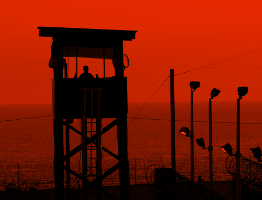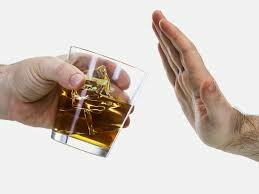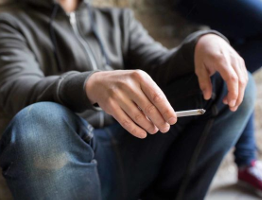Why is College Drinking Such a Big Problem?
April 26, 2016 Tom Kimball, Ph.D.
The Doctor Weighs In: Why is College Drinking Such a Big Problem?

Sobering Stats about College Alcoholism.
College enrollment has declined in the U.S., in fact just 66% of high school graduates enrolled in a college or university in 2014 – a percentage that is the lowest in decades. However, for every eight out of ten students who arrive on campus with their laptops and backpacks, their pj’s and posters, odds are good they will drink alcohol. Not only drink but drink a lot.
Eight out of ten college students drink. More than half will routinely drink so much they will be sick, hung-over, and miss class. They will experience new demands from professors, an independence and unstructured time they’d not previously experienced, and pressure to fit in. They will drink at football games and parties, they will throw up and pass out. Some students will be sexually assaulted and traumatized. A portion of them will join a fraternity or sorority and despite the intentions, rules and regulations of the Boards of these organizations, many will be hazed and encouraged to drink alcohol in excess.
Fitting in, being popular, and making friends are the hopes of every college student. If you ask, most can describe specific goals and dreams about their future. Few could have imagined binge drinking would play such a leading role in their lives. In today’s world, perhaps excessive drinking should be considered typical. After all, college students have not yet developed the skills of restraint and time management; learning these adult skills through normal brain development and experience.
A rite of passage
It seems beer-pong and convening around a keg holding oversized plastic cups full of alcohol is a right-of-passage for students. Of particularly concern is more students are choosing hard liquor over beer. Drinking in order to get drunk is usually the plan and amazingly, some students begin drinking with the end goal of passing out.
Because many college students are high achievers, they often put the same commitment to drinking as they did toward pursuing college in the first place. Rather than students shyly adapting to their new environment, today the majority jump into the scene by drinking and partying right away – they say it helps to quell the nerves and fit in. The first six weeks for college freshmen is a particularly vulnerable time and it is common for students to binge drink and experience alcohol-related consequences.
Virtually every college student experiences the effects of college drinking – whether or not they drink. Binge drinking, a pattern of drinking to excess, is rampant. Bing drinking is the equivalent of consuming roughly four drinks for females and five drinks for males in two hours. With this amount of consumption, blood alcohol concentration is such that the individual is too impaired to drive, make reasonable decisions, and detect potentially dangerous or harmful situations. For thousands of students each year, binge drinking results in alcohol poisoning leading to permanent brain damage or death – not likely to be on any students list of goals and aspirations.
Why does college drinking remain a problem?
With all we know about the dangers of alcohol on college campuses, why does college drinking remain as much of a problem today as ever? The answer is that despite 25% of students admitting that their academic performance has suffered because of drinking, most universities only respond to the crisis through educational campaigns and messaging not to drink. What we need is for university officials to enforce policies and rules not to drink and provide meaningful interventions of help and assistance.
Most college freshmen are 18 years of age, three years away from the legal age to drink, yet getting access to alcohol remains easy. Some college administrators are reluctant to enforce drinking laws and studies show many believe it is out of their control and that they have little authority/power to change behaviors or drinking culture.
Fewer than half of all colleges consistently enforce alcohol policies and even fewer work to restrict the number of outlets that sell alcohol or offer cheap drink specials. We can do better. Students report more aggressive enforcement of current laws and adopted university policies could change their behavior. For many, the idea of being held accountable by the criminal justice system or when appropriate, being required to enter an alcohol treatment, awareness program, or other pathways of recovery by their university would be a more effective than fines, warnings, and messaging.
Philosophically, many educators are resistant to the idea of policing or intervening with students, preferring to turn a blind eye or assuming they can, and will, make adult choices. That line of thinking is more ideological than realistic. And in this case, the students who report that more aggressive enforcement and/or pathways of meaningful intervention and help would be effective could actually teach the professors a valuable lesson.








